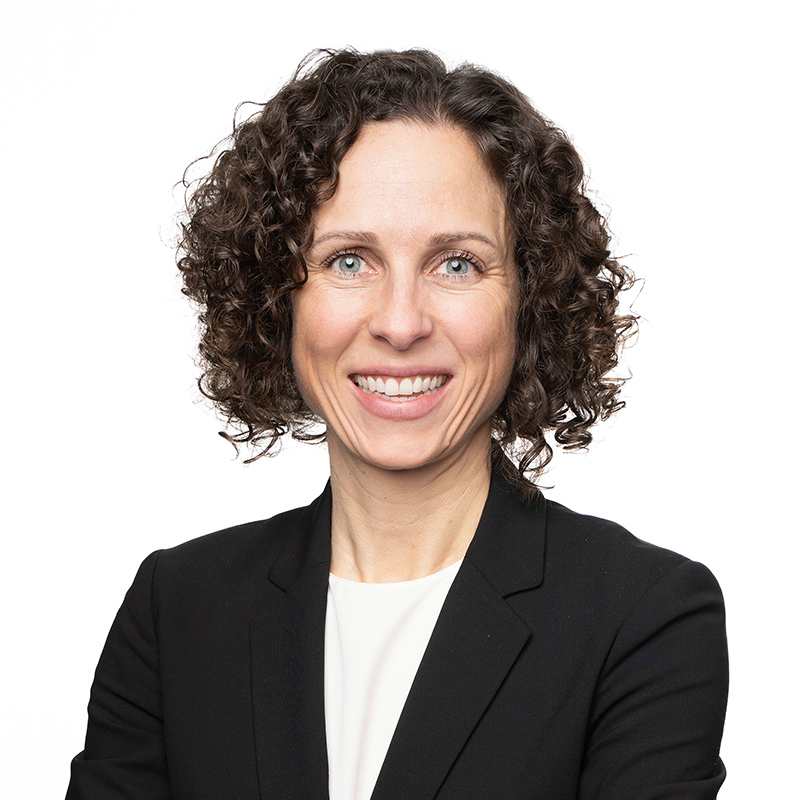
By Sarah Thompson
Managing Director, Global Head of Sustainable Finance
Sustainable finance is part of how we bring RBC’s Purpose to life: helping clients thrive and communities prosper.
We believe that considering environmental, social and governance (ESG) factors alongside traditional financial metrics and analysis can help lead to better business decision-making. It can also result in better outcomes for society and the planet.
By supporting activities with environmental and/or socioeconomic benefits, sustainable finance can help financial markets contribute to solving some of the biggest challenges society faces – from improving the accessibility of affordable housing and education to mitigating climate change and protecting biodiversity.
This is why RBC has a commitment to facilitate C$500 billion in sustainable finance by 2025.
Driving growth and supporting transparency
The Sustainable Finance Framework (Framework) is a tool to help drive growth in sustainable finance with transparency and accountability. By providing clear definitions of what is eligible towards RBC’s sustainable finance commitment, the Framework achieves two objectives. First, it serves as an important guide to enable business teams to pursue sustainable finance opportunities in collaboration with our clients. Second, it provides transparency to our stakeholders about what RBC considers eligible towards our commitment.
Both the guidance to business teams and the transparency to stakeholders are critical in a fast-evolving market where new opportunities and risks are constantly emerging. To better reflect these objectives, we updated our Sustainable Finance Framework in March 2024. The updated version includes a clearer and broader articulation of low-carbon energy under the category of eligible green activities, important additions to the list of eligible social activities, as well as a newly added decarbonization finance category.
Decarbonization finance
Finance to support decarbonization activities in high-emitting, hard-to-abate sectors is an important example of where we see opportunities for our clients as well as clear risks that need to be mitigated. This is why RBC has established a ‘Decarbonization’ category in our Sustainable Finance Framework.
The category is intended to help allocate capital towards emissions reduction efforts in high-emitting, hard-to-abate sectors that will continue to provide essential products that our quality of life relies on – for example, natural gas to heat our homes, and steel and cement to build infrastructure. Achieving a net-zero economy requires the decarbonization of these sectors. Yet we also recognize risks that we need to guard against, such as supporting activities that do not make a meaningful contribution to a client’s transition plan.
This is why eligibility under the decarbonization category in RBC’s Framework is based on two elements: the activity being an eligible decarbonization activity and the client having a sufficiently robust transition plan.
In developing the category, we considered emerging industry guidance and market practice. We also adapted and tailored the category to reflect the markets we operate in, our clients’ realities, and the practicality of implementation. For example, many of our clients in high-emitting, hard-to-abate sectors, do not have 1.5⁰C aligned emissions reduction targets. This challenge is particularly significant for the oil and gas sector where clients do not typically have a clear path to achieving the magnitude and speed of reduction implied by such targets. At the same time, we believe there is a need to support our clients to decarbonize their production today while exploring new growth opportunities in low-carbon energy. This is why our eligibility criteria can rely on an assessment of the client’s transition plan under our transition readiness framework for the sector and can still be considered eligible without 1.5⁰C aligned emissions reduction targets.
We believe this is a pragmatic approach that recognizes the need to make urgent progress on decarbonization today while the broader economic transformation required to achieve net-zero continues to unfold.
Need to continue to evolve and harmonize standards
Our decarbonization category is a first iteration that we recognize will need to evolve. We are committed to reviewing the category, and the entire Sustainable Finance Framework, at least every two years to reflect legal and regulatory developments, technology advancements, sectoral decarbonization pathways, relevant industry guidance, market practice, and feedback from our stakeholders.
We also recognize the need for greater harmonization of standards, taxonomies, and reporting of sustainable finance activities across the financial sector. RBC will contribute to helping shape market practice and guidance through forums available to us, both nationally and internationally, including, for example, the Government of Canada’s efforts to develop a green and transition taxonomy for Canada.
We are committed to using RBC’s purpose-driven, principles-led approach to bring about positive change, advance sustainable economic growth, and help build a prosperous future for all our stakeholders. We will continue to collaborate with our clients and other stakeholders on this journey.

